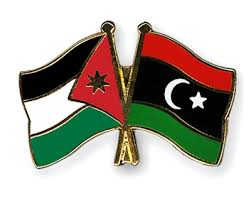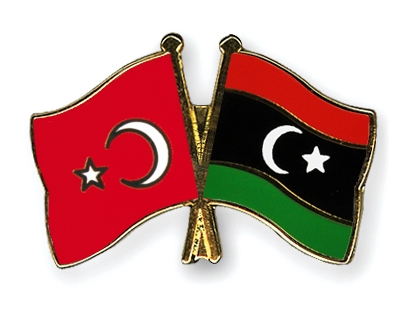By Libya Herald staff.
Tripoli, 5 December 2014:
Journalists and other media personnel are under increasing threat in Libya, according to the the Libyan . . .[restrict]Centre for Defense of Journalists, also known as HESN.
In its latest report covering the period 1 September to 30 November 2014, the Centre (not to be confused with the Libyan Centre for Press Freedom which put out a similar statement yesterday) says that journalists, media personnel and bloggers have been subject more kidnappings, threats, destruction of their private property and even assassination.
The crimes listed include seven kidnappings, three physical attacks on journalist and seven assassinations, as well as arrests and attacks on offices and private homes.
According to HESN, many journalists and bloggers have fled the country or stopped reporting because of fear of retaliation against them or their families. It warned that “the suppression of the freedom of opinion” would lead to the “termination of the newly born democracy in Libya,” adding that it will also to an increase in corruption.
The group called for an end to all threats against journalists and media outlets. At the same time, it urged the media to practice professional, unbiased reporting, “in accordance with international standards.”
Meanwhile a group of prominent Libyan journalists and media professionals issued a letter yesterday condemning the use of the media to incite violence and spread misinformation. The group urged journalists in Libya to provide balanced, fair, truthful and unbiased coverage of the events taking place in the country, practicing ethical journalism.
Although no political group was mentioned, the letter is seen as being directed against Libya Dawn and those in power in the capital. Some of the 44 signatories have left Tripoli and now are working with the Thinni government. The group specifically called for people to support the army and police, and denounced all forms of terrorism – calls regularly heard from HoR supporters.
The group also called on all media outlets to renew their commitment to impartiality and responsible reporting. Inflammatory speech, they said, was beyond the bounds of professional journalism and could harm the country and individual Libyans.
The statement reaffirmed the group’s commitment to freedom of opinion and expression and called for freedom to report without pressure from various sides of the conflicts in Libya. It also called for the protection of journalists and free access to news and information.
The following journalists signed the statement:
- Hussam Aldin Al-Tayeb
- Hussein Al-Muslati
- Raghda Ibrahim
- Hamza Koresh
- Hiba Al-Shebani
- Mohamed Issa
- Haneen Bushosha
- Hanan Al-Magoub
- Mahmoud Al-Misrati
- Najwa Al-Wahishi
- Hassan Al-Hassi
- Ihab Al-Shabli
- Mabruka Al-Masari
- Khadiga Al-Amari
- Esam Hussein
- Fatin Al-Lami
- Rida Faheel
- Ihda Makraz
- Areesh Saeed
- Hussam Abu Al-Gasim Al-Wahishi
- Salih Ben Adam
- Rasha Al-Toweeni
- Malik Al-Sharda
- Salem Al-Obeidi
- Mohamed Al-Fakhri
- Fathi Bin Issa
- Ahmed Saad Al-Towati
- Waleed Bin Lama
- Mohamed Al-Ghazali
- Safa Al-Hassi
- Fedwa Al-Galal
- Hadeer Bin Haloum
- Mohamed Al-Jareh
- Moataz Al-Kharif
- Hakeem Bin Othman
- Huna Al-Zawi
- Sabah Suleiman
- Bashir Zaeed
- Omer Al-Kadi
- Ahmed Rahal
- Khalid Najam
- Idris Al-Masmari
- Fayroz Maki
- Nahla Al-Arabi
[/restrict]









